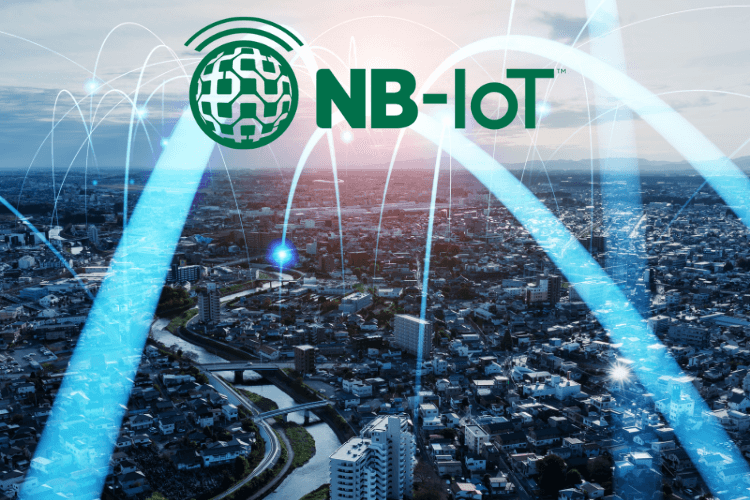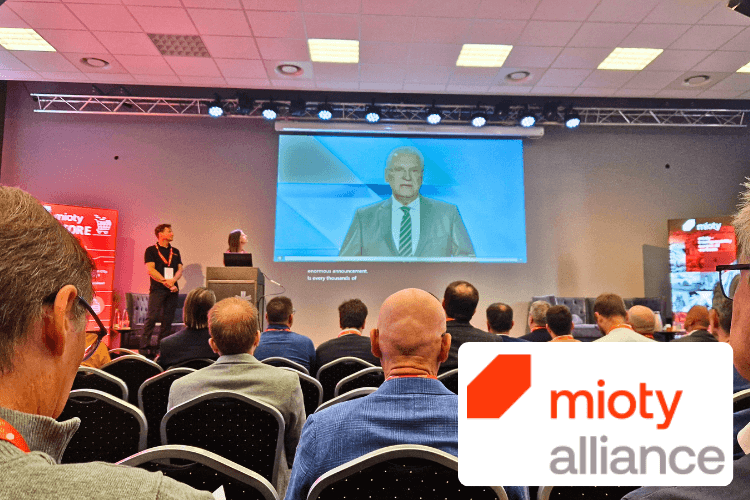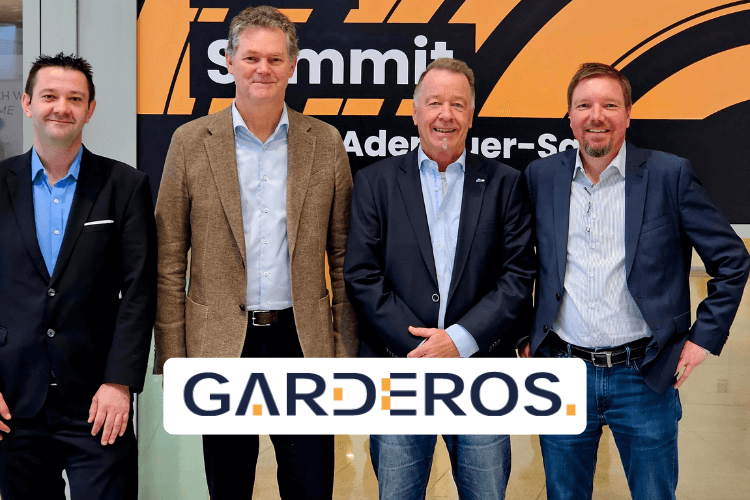Fill level sensors for waste garbage cans
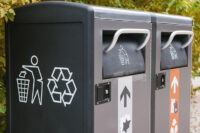
More and more pilot projects are showing that LoRaWAN is a real alternative for many smart city applications. Especially when it comes to waste management, many municipalities and cities are looking for practicable solutions for more sustainability and consciously reducing CO2 emissions.
A small sensor can unlock enormous potential. A fill level sensor only shows the current fill level of a container, but the resulting process chain has a lot to offer. Unnecessary empty and incorrect trips by waste disposal vehicles can be avoided - but emptying is carried out according to demand. This makes sense, as waste garbage cans are usually emptied at fixed intervals, regardless of how full they are.
Monitoring fill levels increases efficiency
Remote monitoring of all types of containers can significantly reduce inspection costs and maintenance, which is particularly useful information for used glass containers. It is not uncommon for waste glass to simply be left next to overfilled containers (also known as littering ) and have to be removed manually by waste disposal staff. This could be avoided with a fill level monitoring system.
In addition, personnel and emergency vehicles can be deployed more efficiently and resources can be used more sensibly. This saves time, money, fuel and therefore CO2 emissions. Fill level sensors are therefore a clever way of transforming conventional waste garbage cans into so-called "smart bins". Their use can also contribute to new types of digital services, which in turn have a positive impact on people and nature.
In addition to waste management, level sensors can also be used in agricultural businesses, warehouses, the manufacturing industry, by operators of winter sports facilities, building cooperatives, civil defense, etc.
The infrastructure for smart waste management can be set up quickly. Once a suitable LoRaWAN network has been set up, various applications can be implemented with little effort. A few gateways are often enough to equip an entire city with LoRaWAN coverage.
All that remains to be done is to attach the sensors to the corresponding containers and connect them via the LoRaWAN network server, and the first steps towards a smart city can begin. And the great thing is that once the network has been set up, it forms the basis for countless other smart applications - from intelligent street lighting to the irrigation management of green spaces. Everything is possible with the right sensors.
LoRaWAN level sensors - the right sensor for every scenario
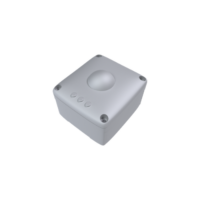
EGK-LW20W00 LoRaWAN Radar Smart Waste level sensor
The long battery life and the cost-effective, compact and robust design (IP67) make the sensor ideal for countless applications.
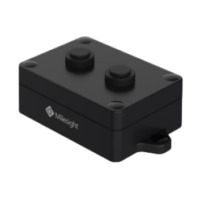
EM310-UDL-868M Dual ultrasonic distance sensor Level sensor
Also available in our m2m IoT store is the EM310-UDL from Milesight, a LoRaWAN ultrasonic distance sensor that is mainly used for detecting the fill level of waste garbage cans and other containers. With its compact size and wide measurement range, the EM310 can be installed in waste garbage cans or containers to detect solid or liquid levels. The sensor is also equipped with a 3-axis acceleration sensor to detect the status of the container lid. Via gateway and IoT cloud solution, users can remotely detect the container status and fill level in real time via a browser or mobile app. The EM310-UDL is suitable for applications such as waste management, water tank monitoring, manhole covers, etc.
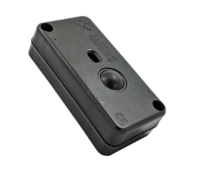
Apollon-Zeta Low Cost IoT level sensor
The Apollon-Zeta Smart Waste Sensor from Sentinum stands for wireless sensor technology with the usual high-quality measurement results. The sensor uses an innovative 3D measuring principle and is particularly impressive in small containers. The level sensor measures reliably and detects almost all materials without any problems - regardless of whether they are piece goods or liquids. Due to its small dimensions, the Apollon-Zeta is hardly noticeable even in public containers, which provides natural protection against vandalism. During development, the focus was deliberately on cost-efficient applications. Nevertheless, essential features were not left out.
